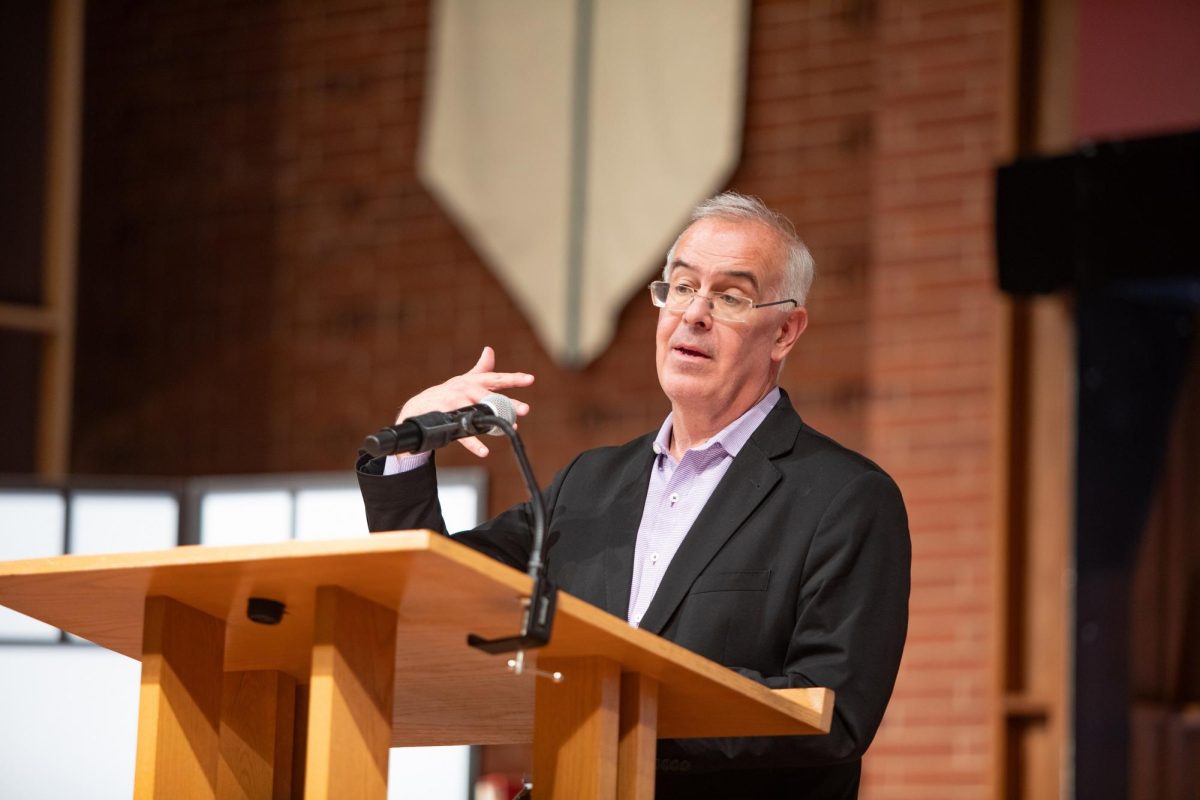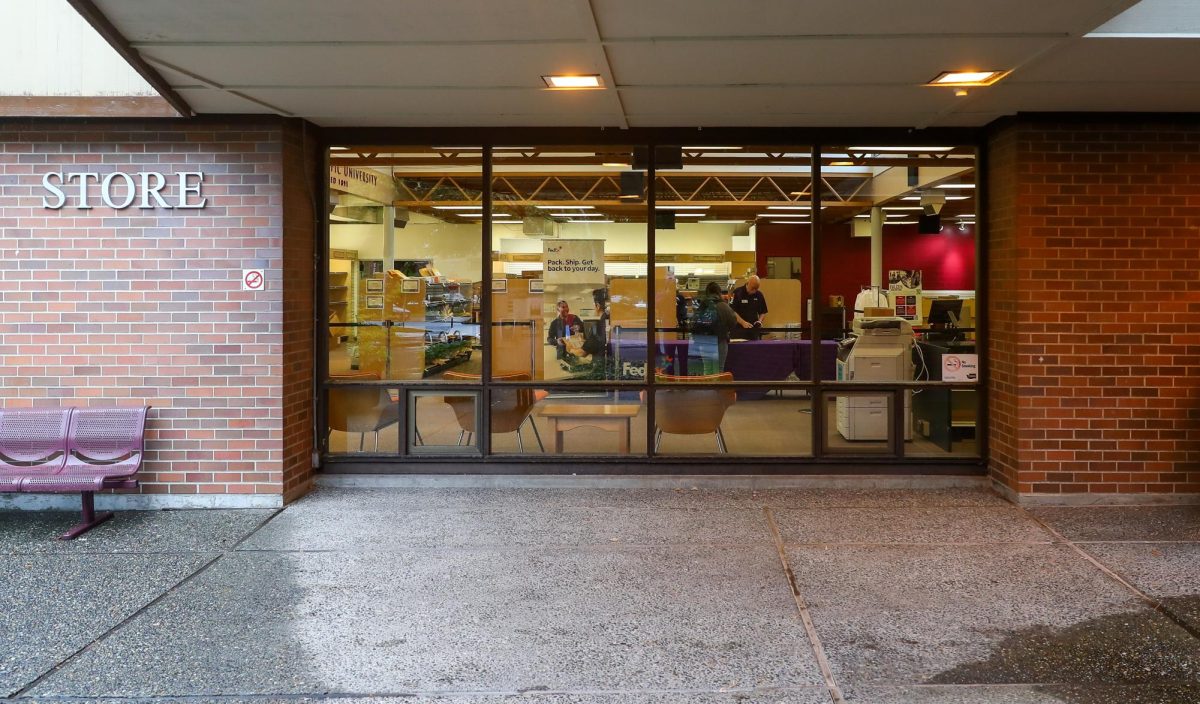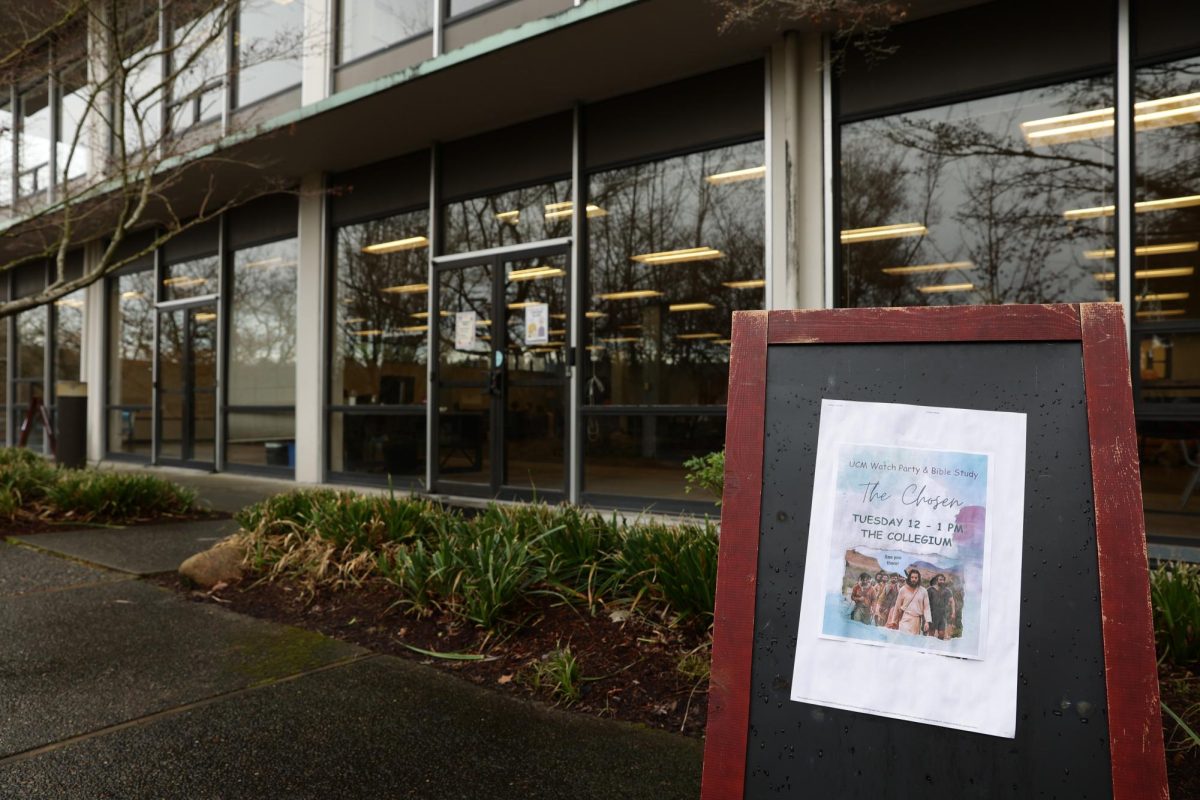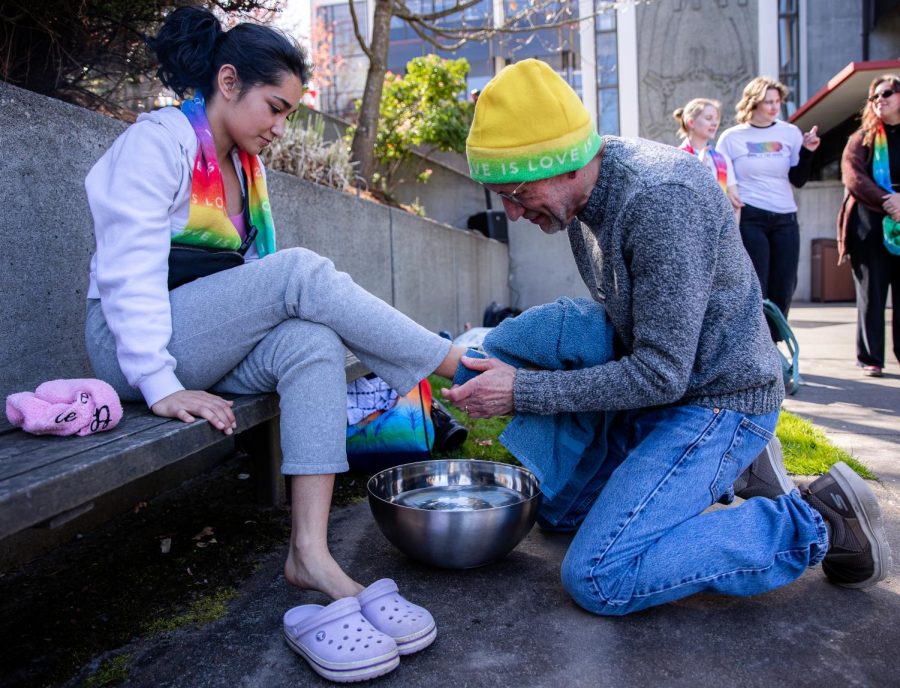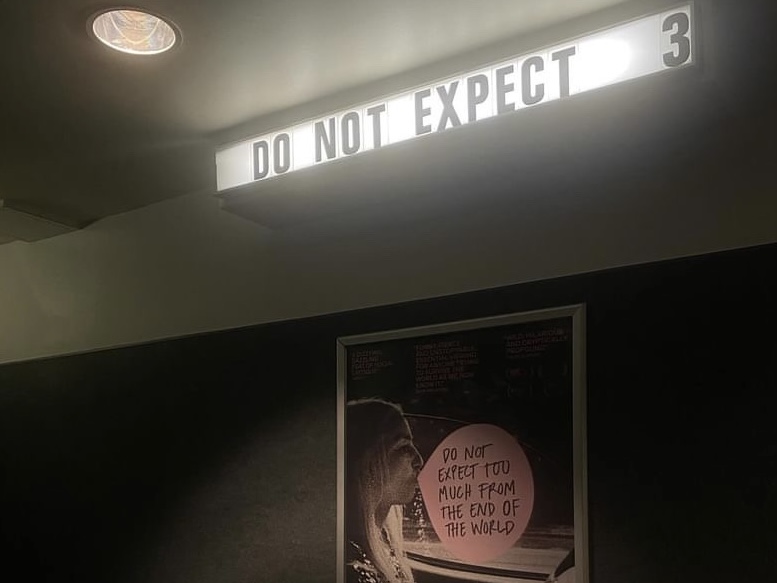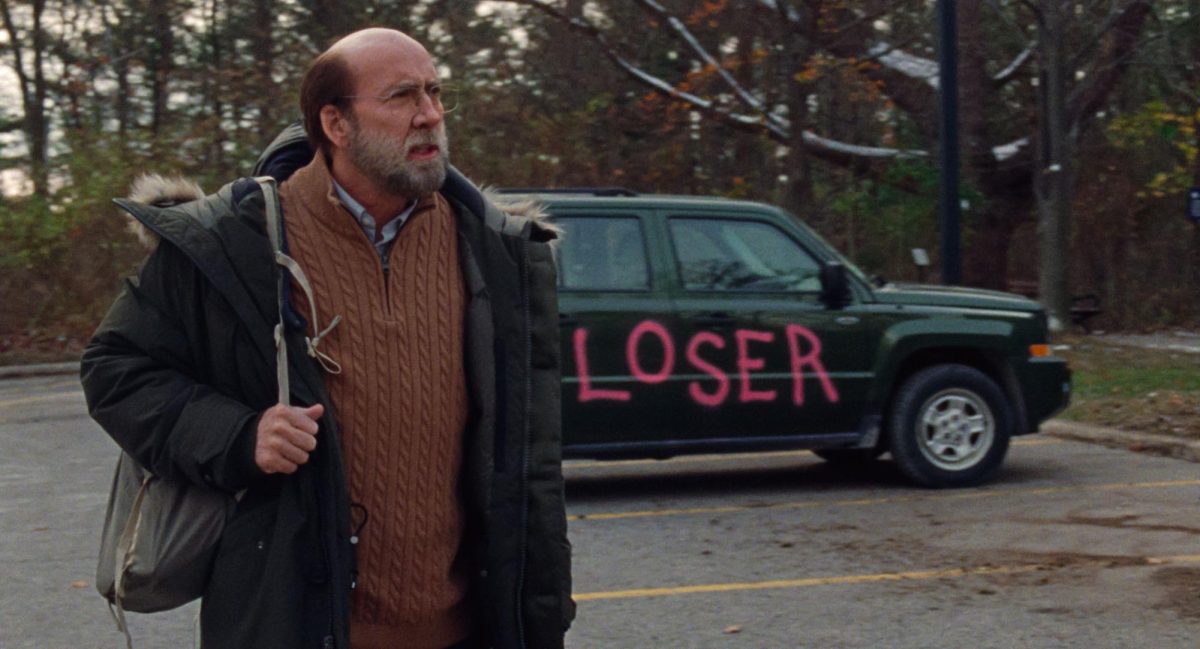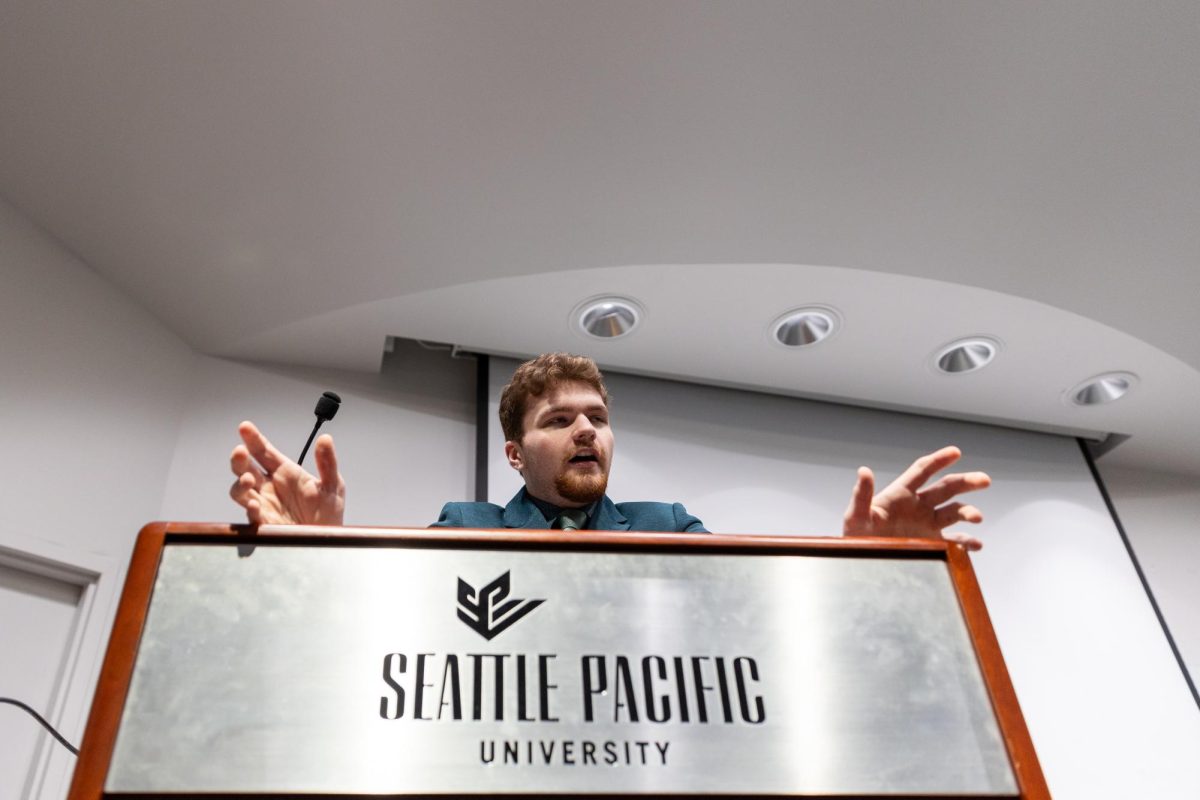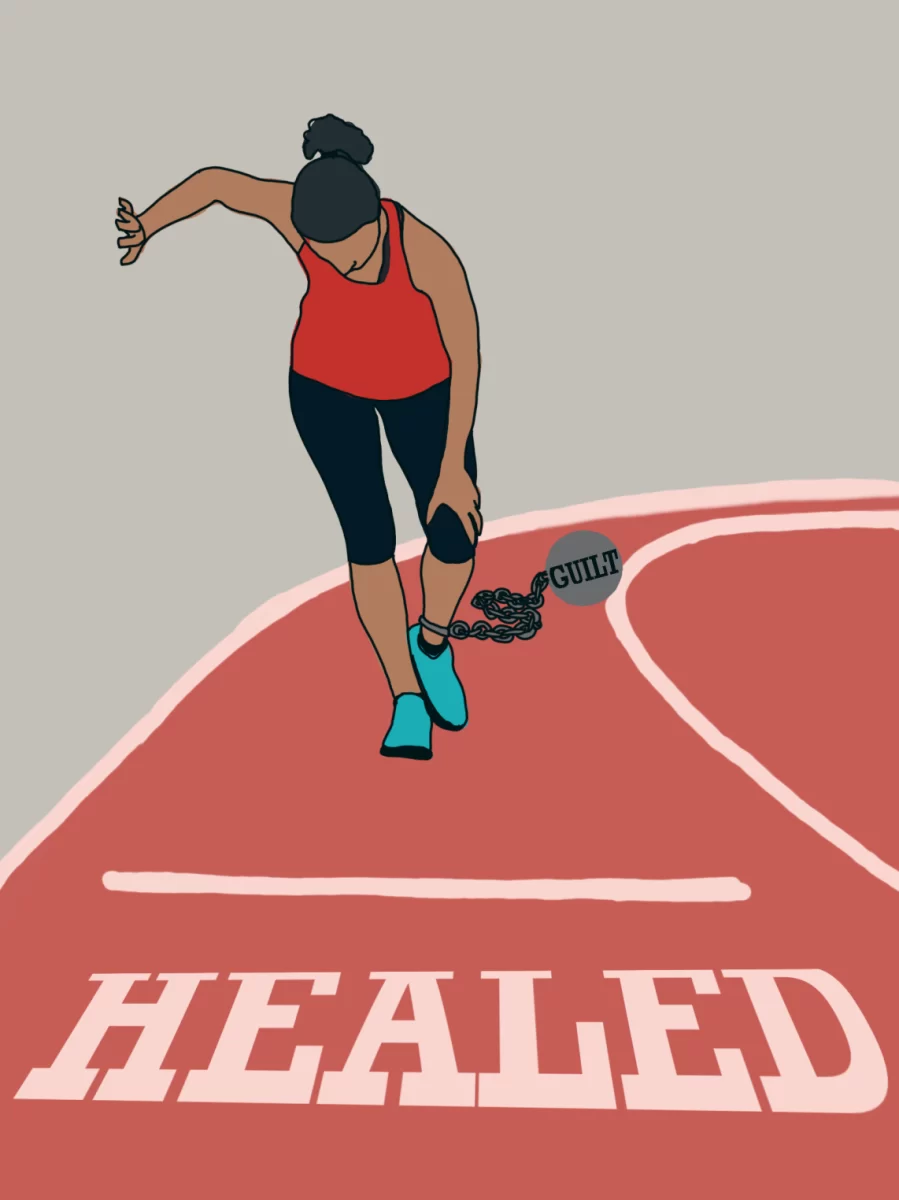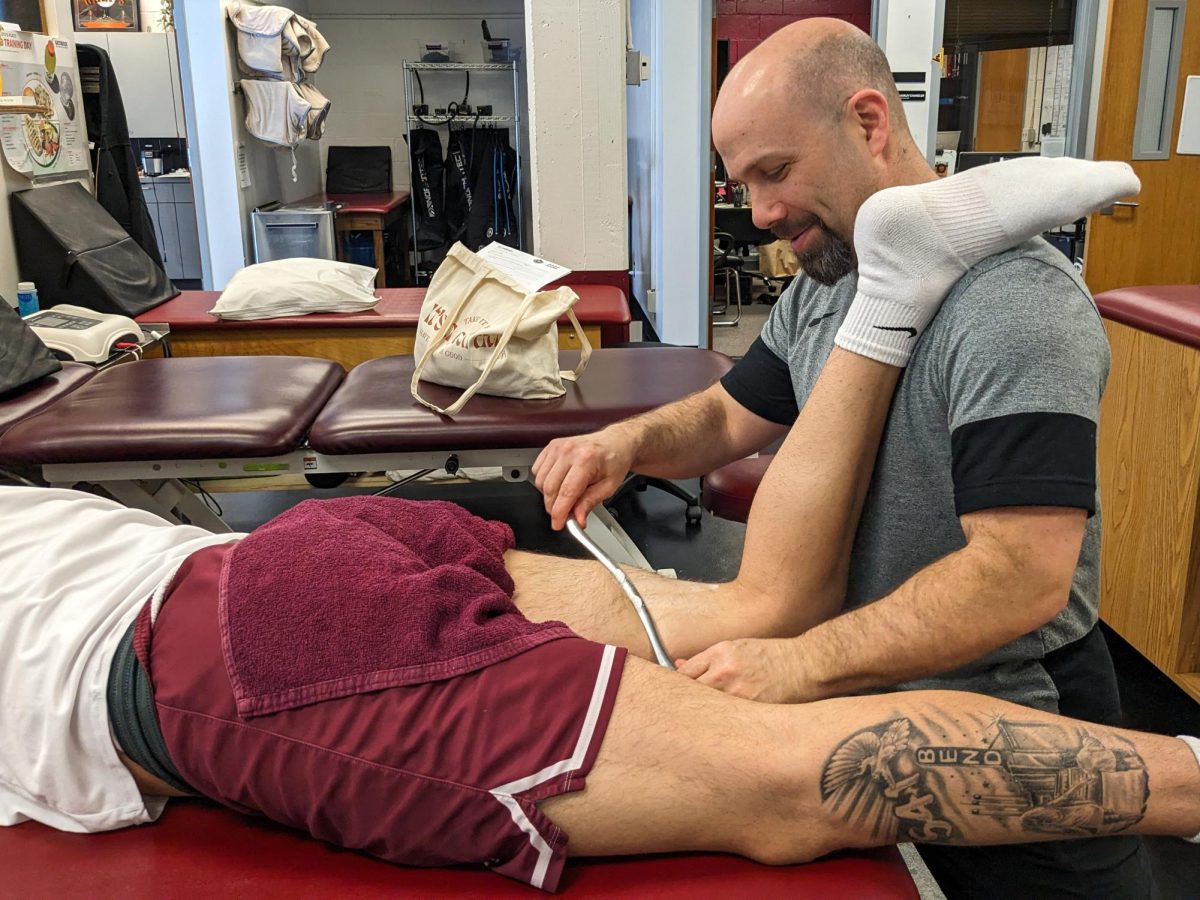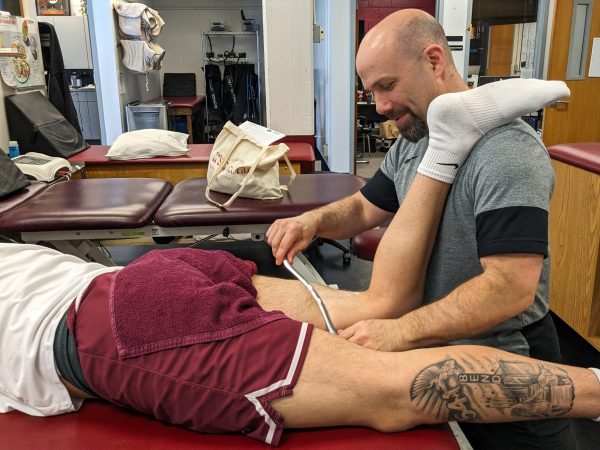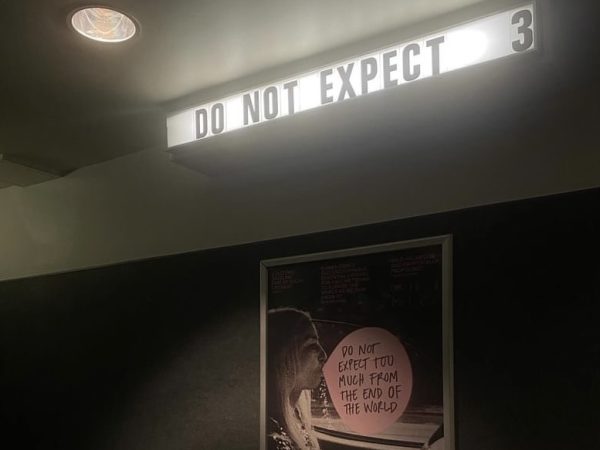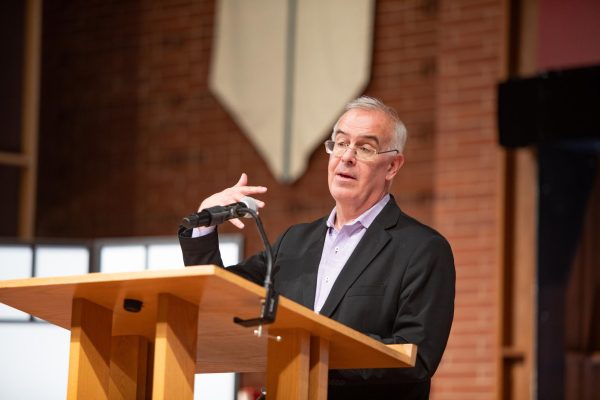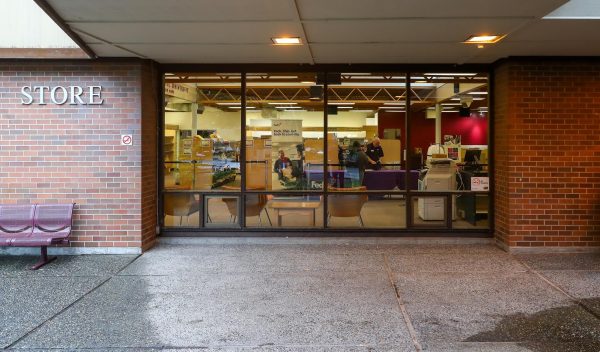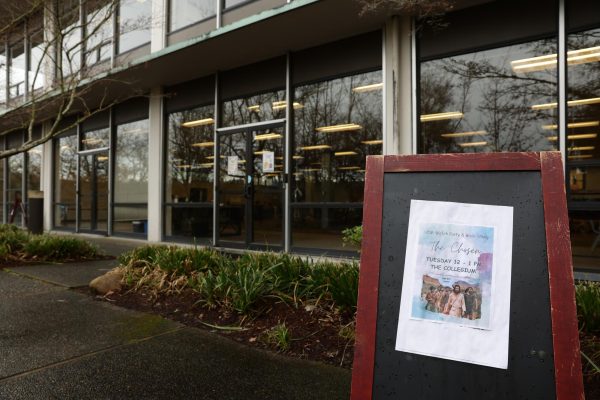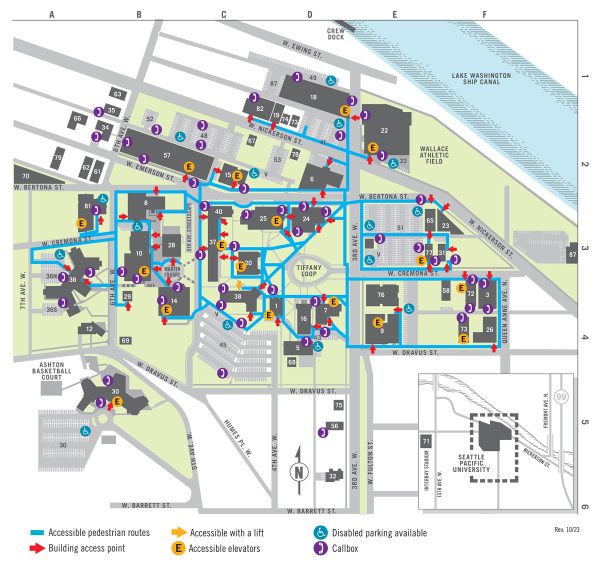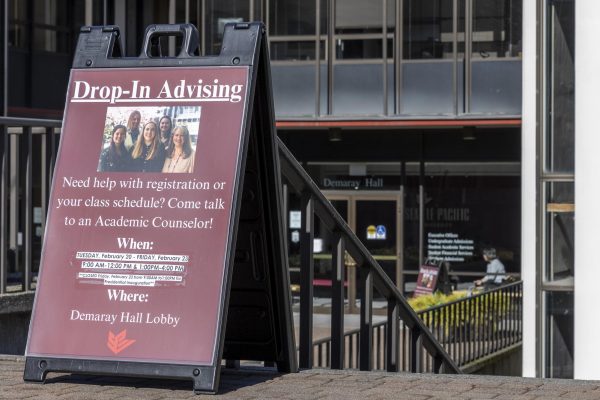Vulnerability is the antidote to shame
Guest speaker Chris Barragan emphasizes importance of connection
October 30, 2019

As the guest speaker of this week’s chapel service, Chris Barragan spoke about the human need to belong and how shame keeps us from forming deep relationships based on vulnerability.
Vulnerability, Barragan said, is an antidote to shame.
Barragan, who visited from Biola University where he serves as assistant director of pastoral care, spoke to Seattle Pacific University students and faculty during the weekly chapel service at First Free Methodist Church Tuesday, Oct. 29.
Barragan began with the analogy of babies being completely dependent on their mothers, emphasizing the dependency we have on connection.
“Connection goes beyond the physical element, and is psychological as well. When children don’t feel claimed and protected they are left with stress and trauma,” Barragan said.
According to Barragan, humans are made for connection.
Barragan explained that as we grow older and are taught to be independent, we lose the vulnerability of dependent connections. As humans, we feel the need to present the best version of ourselves. In doing so we limit the depth of connection.
“We want to connect with others, but we don’t want to expose the worst parts of our lives,” Barragan said.
Barragan told the story of the prodigal son, or as he redefined it, “the lost son.” This story told in Luke 15:11-32, tells of a son who leaves his home to seek better things but is left with shame and guilt. It illustrates the point that shame drives us to isolation and loneliness.
“One of the deepest paradoxes of vulnerability is that, when I meet you, vulnerability is the very first thing I try to find in you — but the last thing I want you to see in me,” Barragan said quoting Brené Brown
“Everyone wants a place of belonging, but we are terrified of being seen. We think we can hide behind transparency instead of being vulnerable. Transparency is 90%, but vulnerability is that last 10%.”
Barragan opened up about the hardship his family had experienced over the past few months. His wife was awake for ten days due to postpartum anxiety and also struggled with suicidal behavior.
Barragan, being on medication himself, spoke about the weakness and inadequacy he felt that drove him to lean on others. His vulnerability changed the way he engaged in relationships and deepened the connections he had.
“At the core of vulnerability are hard emotions, but it is also the birthplace of joy,” Barragan said.

